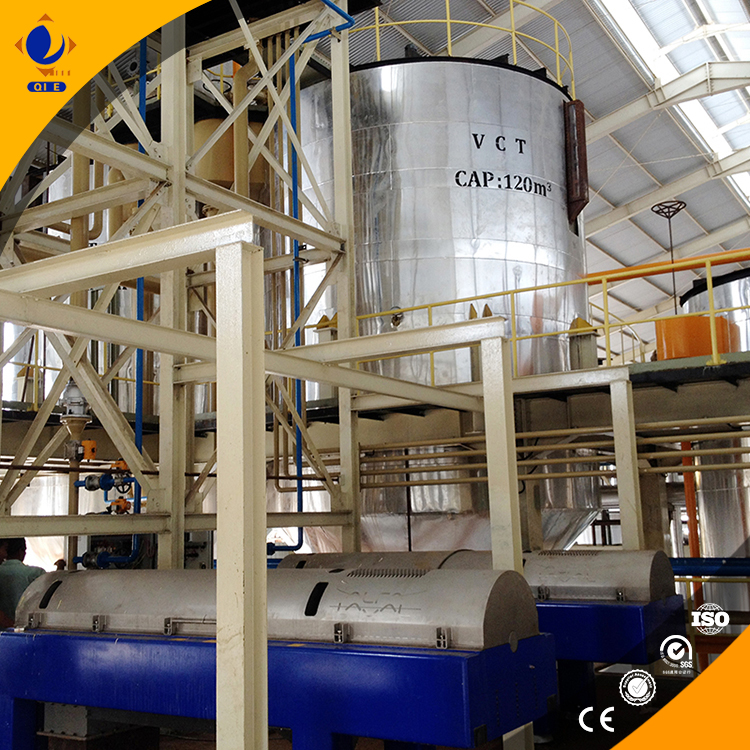
For palm oil processors in emerging markets like Nigeria, Indonesia, and Ghana, equipment failure isn’t just a downtime issue—it’s a direct hit on product quality, compliance, and ROI. Traditional carbon steel presses often corrode within 18–24 months under acidic palm fruit pulp conditions, leading to metal contamination, increased maintenance costs, and inconsistent oil yields.
Enter food-grade 304 stainless steel—a material that doesn’t just resist corrosion—it actively enhances your operational efficiency. Unlike carbon steel, 304 SS has a chromium-nickel alloy structure that forms a passive oxide layer when exposed to air or moisture. This means:
One Nigerian processor reported a 35% drop in annual repair costs after switching to our 2024 model 10–500 TPD palm oil press system. Their oil purity rose from 92% to 98%, meeting EU import standards without additional filtration steps.

It’s not just about the material—it’s how it works with other innovations. Our latest systems combine:
| Feature | Impact |
|---|---|
| PLC-Controlled Operation | Reduces human error, ensures consistent pressure and temperature control across batches. |
| Energy-Efficient Motors | Saves 15–20% electricity vs. older models—ideal for off-grid operations. |
| ISO9001 Certified Production | Guarantees every component meets global quality benchmarks—used in over 30 countries. |
These elements don’t just work together—they amplify each other. For example, fewer mechanical failures mean less downtime, which directly improves throughput per shift. And because the machine is easier to clean, you reduce cross-contamination risks—especially important if you’re exporting to Europe or the Middle East.
“We didn’t just buy a machine—we got a production partner. The 304 stainless steel unit runs smoothly even during rainy season when humidity spikes. That stability alone saved us $18k/year in wasted raw materials.” — Amina Yusuf, Plant Manager, Lagos Palm Oil Co.
Our commitment doesn’t end at delivery. We offer remote diagnostics, live technical support via WhatsApp/Teams, and on-site training for operators—so your team can hit full capacity faster and stay productive longer.
Whether you're scaling up from a small mill or upgrading an aging plant, choosing 304 stainless steel isn’t just a technical upgrade—it’s a strategic investment in safety, sustainability, and long-term profitability.

